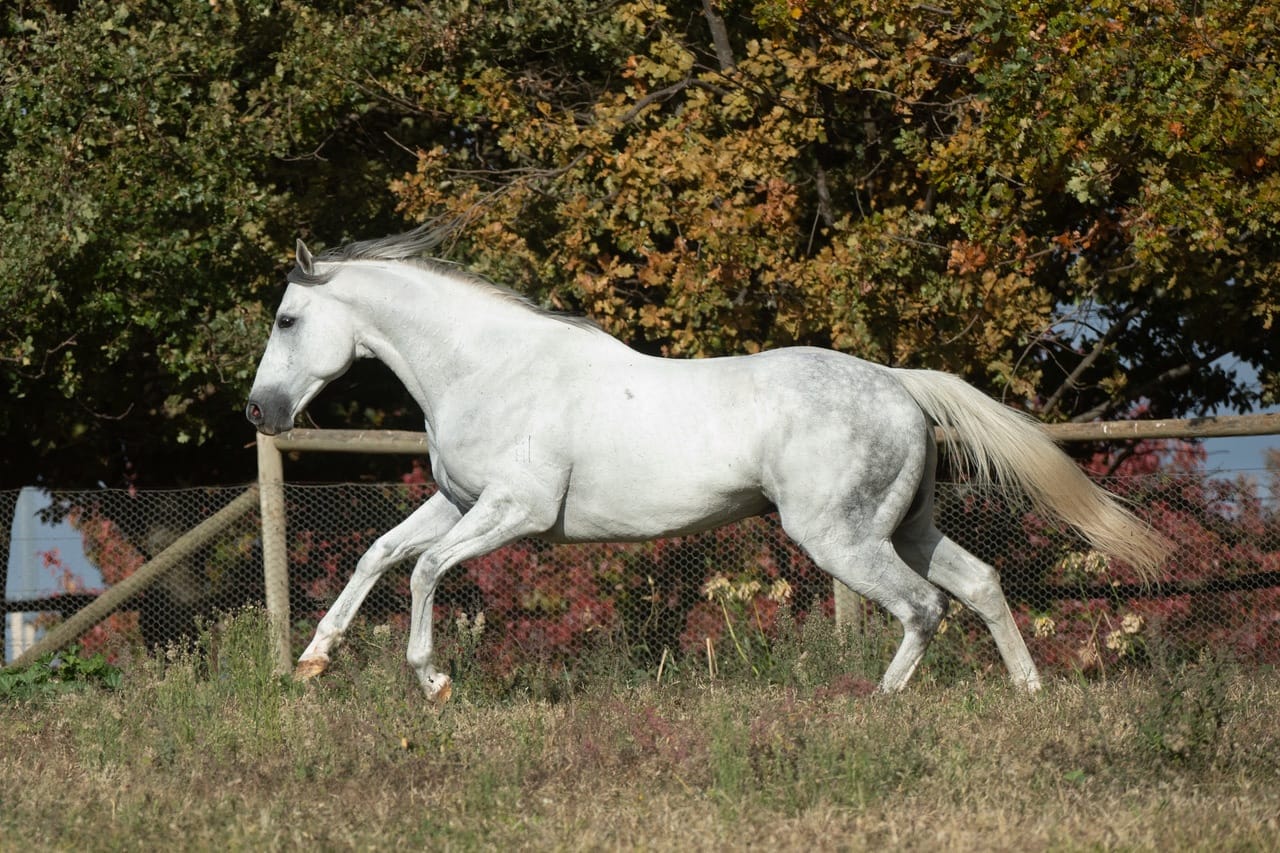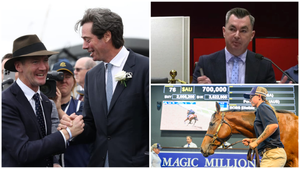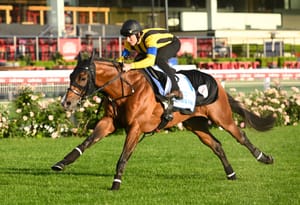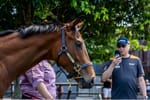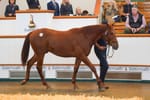As the wheels of the Australian thoroughbred industry turn furiously on an obsession with speed, a gamble on something different is providing spring momentum for an unsung family-owned breeding operation.
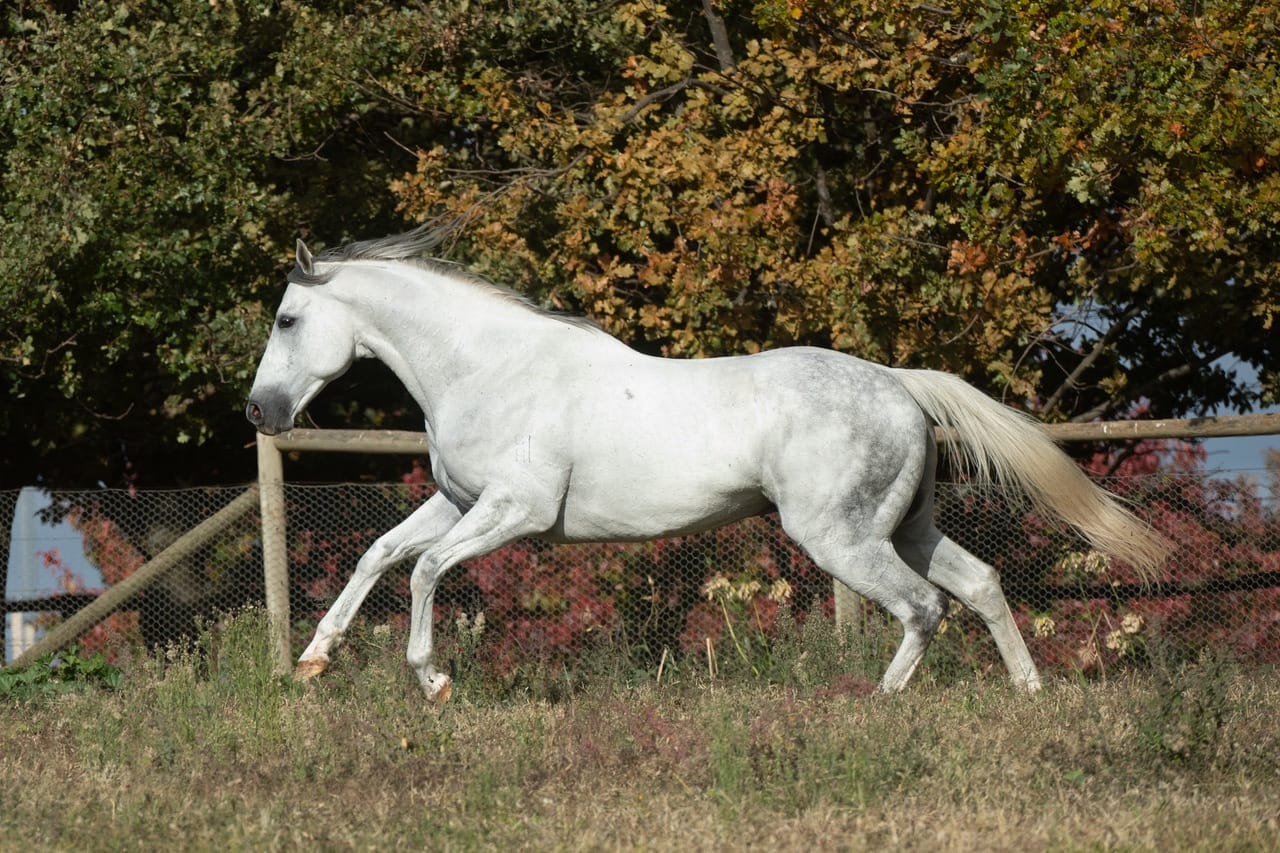
Bowness Stud, located on the NSW southwest slopes, can claim a roll call of Group 1 winners that includes Trapeze Artist, Funstar, Youngstar and Media Award.
Through sheer weight of numbers, another graduate could be added to the list with three runners representing the stud’s latest resident sire D’Argento in the Spring Champion Stakes at Randwick on Saturday.
Rag Queen, Due Calzini and Flying Argento will try to give D’Argento a Group 1 winner from an introductory crop of Australian foals that wouldn’t exist without the global pandemic.
D’Argento, winner of the Group 1 Rosehill Guineas who trained on to mix it with the best including his famous stablemate Winx and Godolphin’s warrior Hartnell, was destined to join the New Zealand stallion ranks.
Crossing the Tasman seemed a logical move for the horse admired for his steel-grey colour who was trained by Chris Waller for Denise Martin’s Star Thoroughbreds in a 14-start career that delivered four wins and the same amount of placings.
New Zealand’s appetite for horses bred to get over ground remains healthy, thanks to the influence of D’Argento’s grandsire High Chaparral.
Australian-trained talents with a similar breeding and racetrack profile to D’Argento such as the Spring Champion Stakes and Victoria Derby winner Ace High have been given an opportunity at stud in New Zealand they might not have found elsewhere.
D’Argento fitted that mould until a deal to sell the son of So You Think to a New Zealand stud fell through just as the pandemic hit and international borders closed.
That’s when Bowness’ John North became interested as the stud was about to enter a new era with his daughter Jocelyn and son-in-law James Daly about to take over the day-to-day running.
“Denise Martin was keen to find a home for D’Argento and she orchestrated a sale to us through (bloodstock agent) Brett Howard,” North said.
“It’s always a gamble buying a stallion off the track. You always take your chances with those sorts of things.”
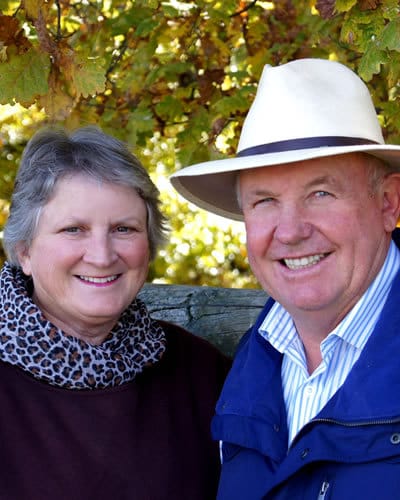
Bowness has been a successful commercial operation for three decades, holding its own in what North insists is an undervalued pocket of a NSW thoroughbred breeding industry dominated by the major studs in the Hunter Valley.
Based near Young, Bowness counts Newhaven Park Stud, Twin Hills Stud and Kooringal Stud as district neighbours.
“It’s the best-kept secret in the thoroughbred industry … there’s a lot of good horses being bred in this area,” North said.
“The thing is that it is very strong country on very good red soil. It rears horses with good bone and muscle.
“With the right horsemanship behind it, more often than not you’ll get something that is very competitive on the racetrack.”
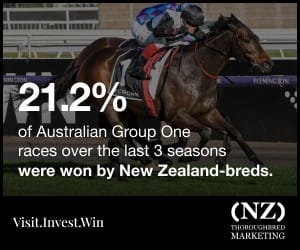
Bowness has been home to an array of sires including Frankel’s brother Bullet Train, Myboycharlie, the sire of Caulfield Cup winner Jameka, and more recently Bon Hoffa.
The stud’s extended broodmare band has allowed its stallions to compete on commercial terms in the sale ring, and that strategy has continued with D’Argento.
“Our rationale was that if we didn’t breed to him and support him and get his progeny out there, no one else was going to do it,” North said.
“So we put our head on the chopping block and found nice mares with strong pedigrees to send to him.
“I think that unless you’re up in the top 10 on the sires’ list, you’re probably always going to struggle to get the mares.
“So in that respect, you’ve got to go out and buy them yourself and back yourself to turn up at the sales with a good product that the right trainers want to buy.”
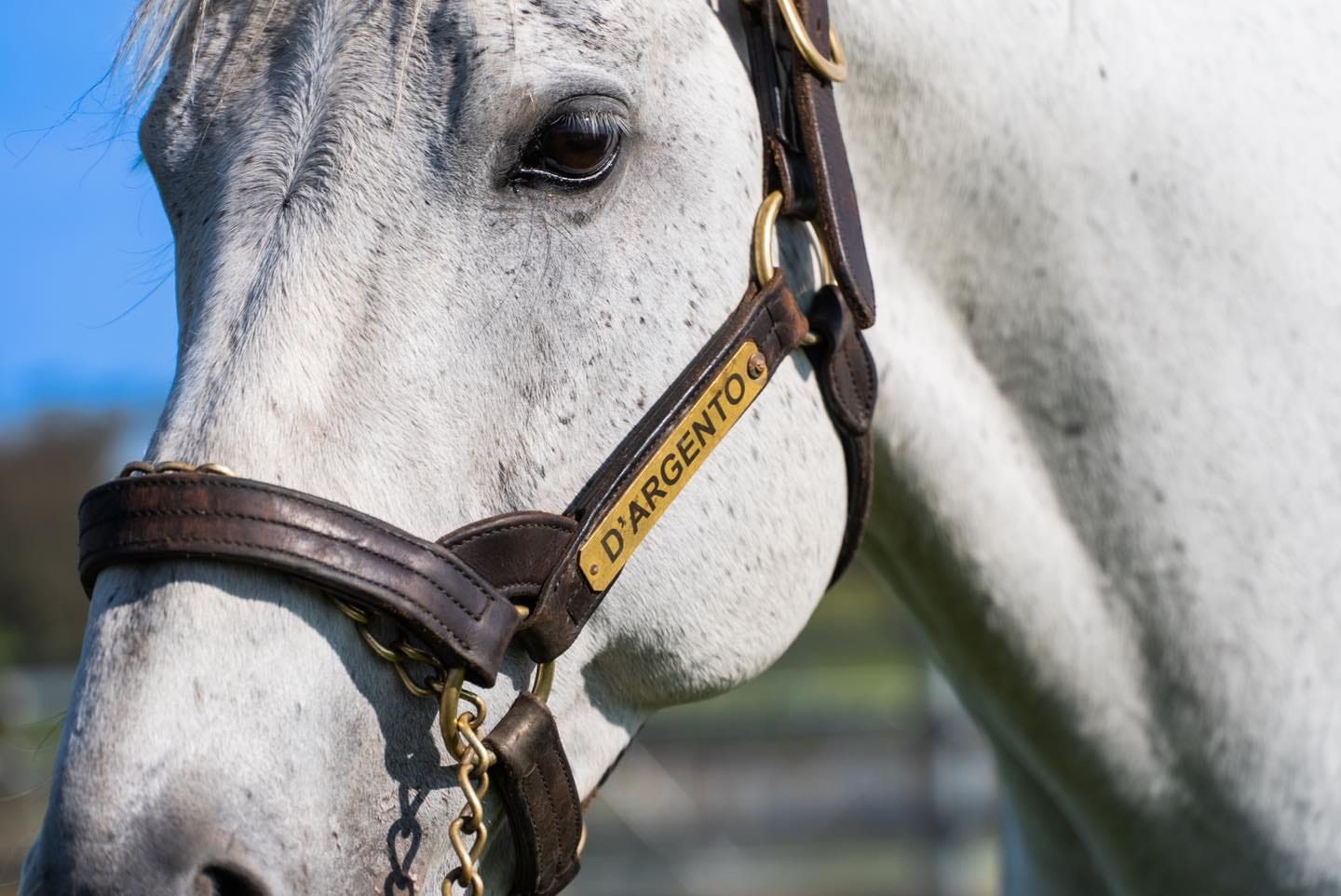
Standing at an advertised $16,500 service fee, D’Argento’s yearlings sold up to $300,000 this year, giving North and his family every reason to believe they may have found a gap in the bloodstock market.
Realising it is difficult to compete with the demand for sprinting pedigrees, North says pivoting to bloodlines that offer breeders a chance to inject stamina into their foals makes good business sense.
“I guess we are a bit unique in that way because that’s the sort of horse we’re trying to breed now,” he said.
“It’s going to be less competitive in that type of market than trying to breed out-and-out speedsters.”

D’Argento produced four winners in his first juvenile crop, a promising return that North attributes to the stallion’s dam Fullazz, a stakes-winning two-year-old who is a daughter of Redoute’s Choice.
“A fair bit of the precociousness in his progeny is probably coming through the female line, I’d suggest,” North said.
“People may have pigeon-holed him as a sire whose progeny are going to need time and they’re going to need distance, which could possibly be correct.”
Right or wrong, that theory will be tested when early-season three-year-old stamina should come into its own in the Spring Champion Stakes.

